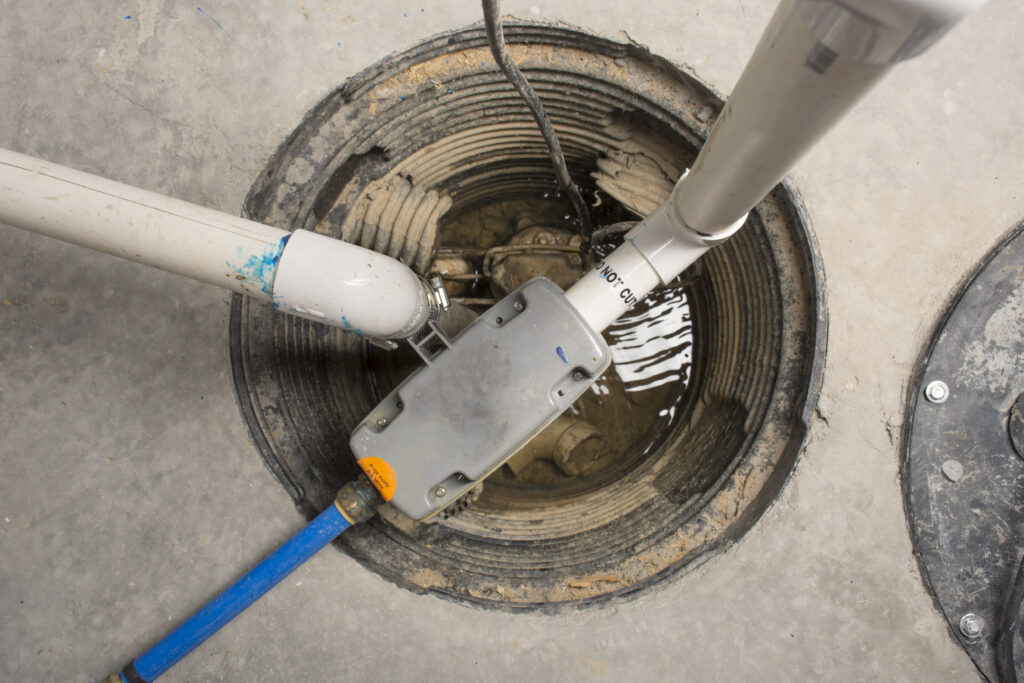
April showers are supposed to bring May flowers, but sometimes they also bring unwanted flooding.
In the spring, flooding can also be caused by thawing snow and ice, which is a particular concern in the mountain regions of New Hampshire and Vermont.
Cleaning out a flooded home isn’t just a major headache. It’s also a big hit to your wallet. Just one inch of water could cause up to $25,000 worth of damage. And the worst part of it is that the standard homeowner’s insurance policy does not cover most flood situations. For floods, you need flood insurance.
Therefore, you should do everything you can to prevent those spring floods from coming inside your house. If you’re not sure where to start, here’s a checklist of things to do.
1. The gutters. Clean out any fall leaves and winter debris from your gutters. Gutters that don’t work properly can cause water runoff from your roof to back up into your house. If your gutters aren’t easily accessible by ladder or if you’re not comfortable cleaning them out yourself, consider calling a professional.
2. Window wells. Prevent your basement windows from becoming gateways to floodwaters by installing window wells. For an added layer of protection, get window well covers. If you don’t have a cover, make sure you clean out any debris, otherwise, the well may not be able to effectively catch floodwaters before they reach your basement windows.
3. Sump pumps. If you don’t have a sump pump, consider getting one based on your flooding risk. If you do have one, now is the time to make sure it’s working properly.
4. Basement remodels. If you plan on converting the basement into a new family den or home office, remodel with materials that will be less susceptible to water damage, like tile or vinyl, instead of wood or carpets.
5. Basement appliances. Just in case, basement appliances like washers and dryers should be on pedestals. Concrete blocks work as a flood-resistant alternative.
6. Water sensors. You can also go hi-tech and install water sensors in your basement. This will provide you with an early warning system that will help you stop flooding before it gets out of hand. (Also known as water alarms or water detectors, these don’t have to be expensive. Simple alarm devices start as low as $12; more hi-tech versions that connect with your smart phone aren’t cost prohibitive either, running $40 and up.)
7. Landscaping. Be mindful of how the features of your property could reduce the risk of flooding or increase it. Avoid planting new trees close to your house. Trees with aggressive root systems near your house are a flooding risk. Likewise, make sure the grading of your yard leads floodwaters away from your house.
We hope these tips keep you flood-free this spring. As always, for any insurance questions, don’t hesitate to contact us at one of our offices.
Sources included: B-AIR, FEMA, Rainbow International, and American Modern.
